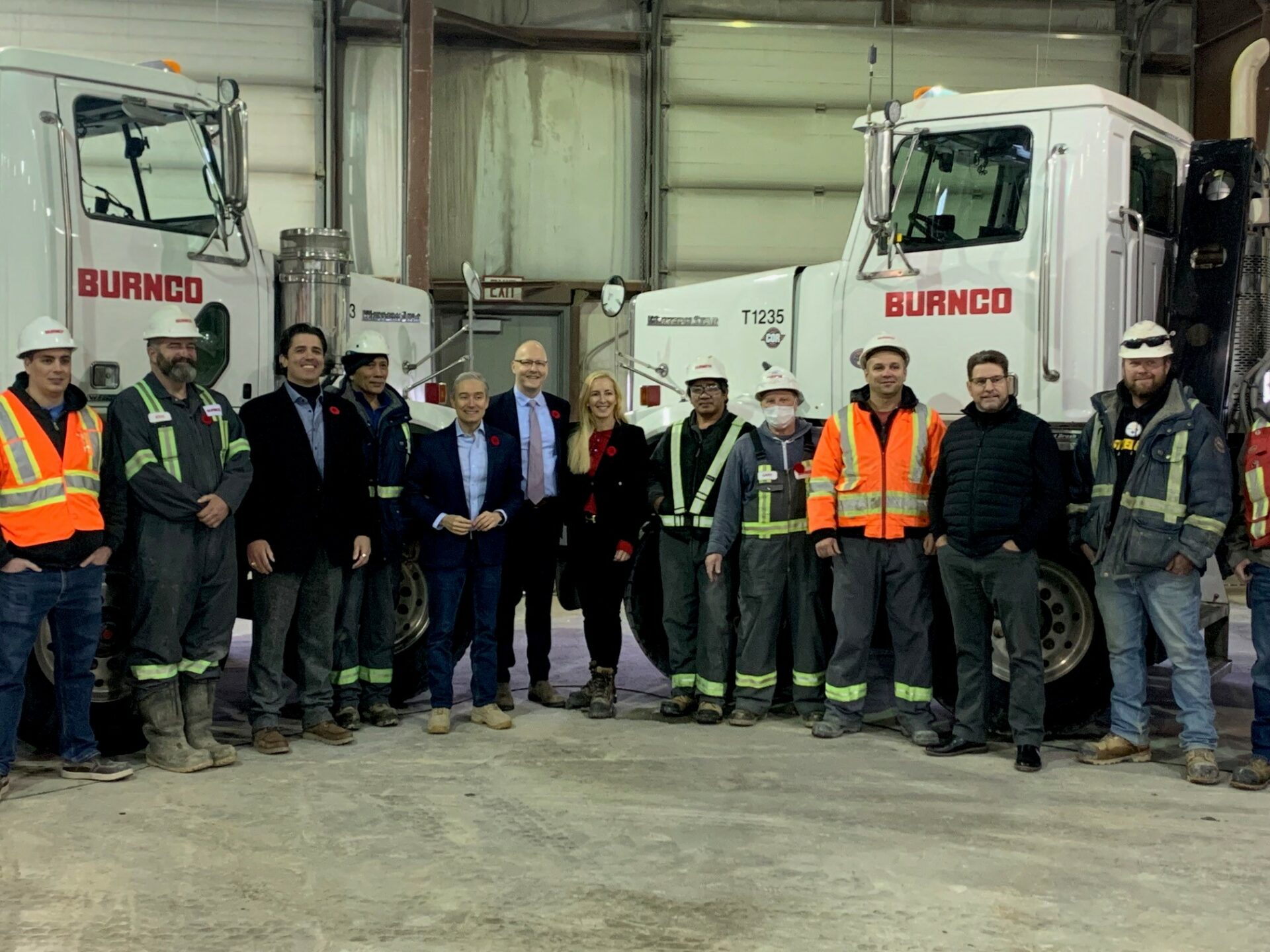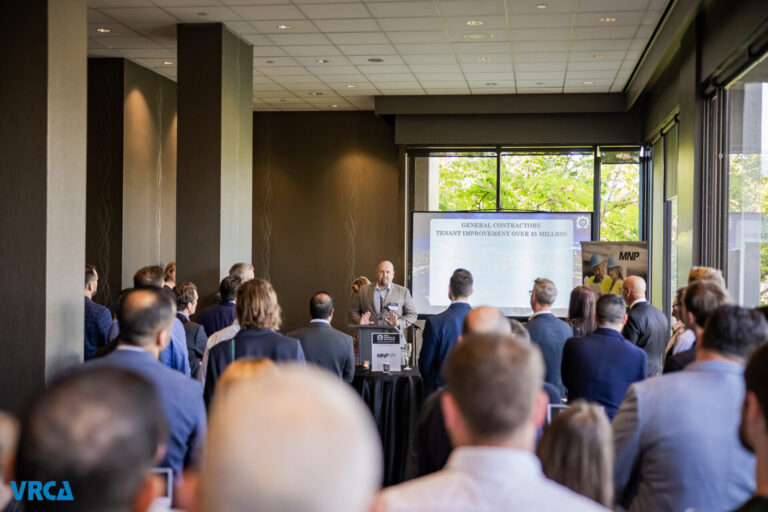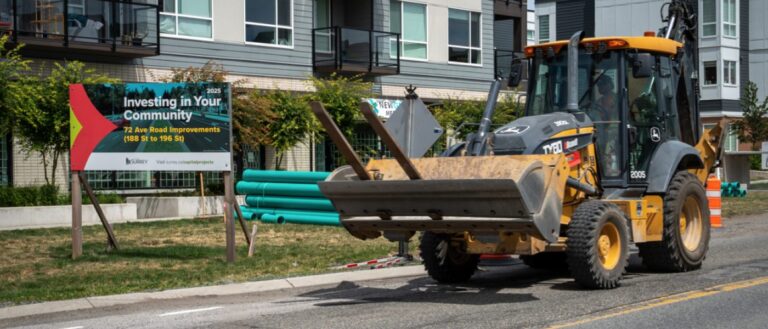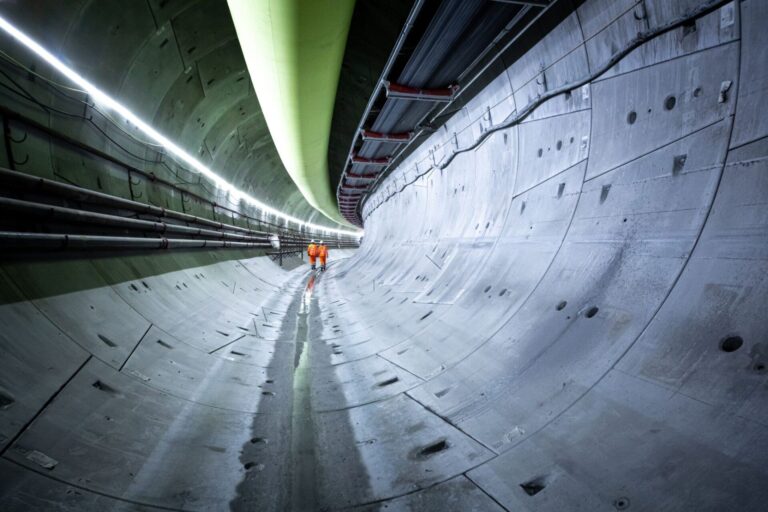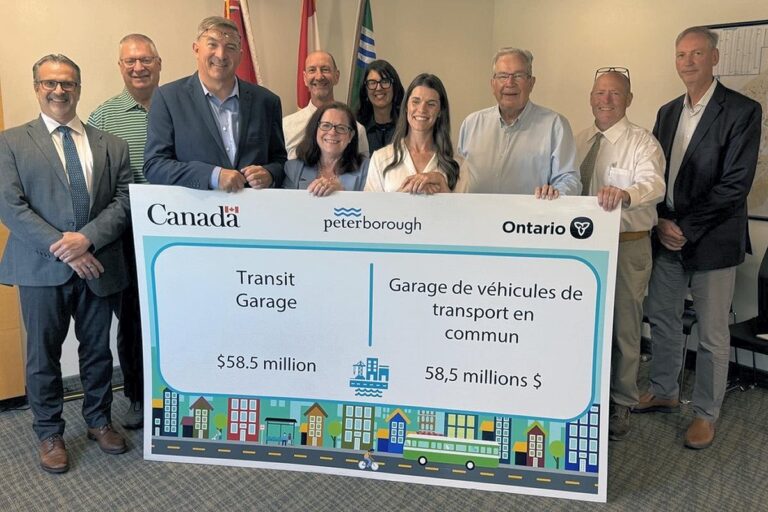The Government of Canada and the Cement Association of Canada released the Roadmap to Net-Zero Carbon Concrete by 2050.
Concrete is the most used building material on the planet, and the cement needed to make that concrete accounts for 7 per cent of global CO2 emissions and about 1.5 per cent of Canada’s. With support and collaboration from the Government of Canada and partners across the construction value chain, Canada’s cement and concrete industry is poised to achieve, through this partnership, the elimination of more than 15 million tonnes of greenhouse gas emissions cumulatively by 2030, followed by ongoing reductions of over 4 million tonnes annually from the production of cement and concrete in Canada.
“With this partnership, Canada will become a world-leading producer and exporter of low-carbon cement and concrete. This will increase the adoption of low-carbon cement and concrete, leading to more jobs, more growth, and a healthier environment for all Canadians. Together, we are working toward a more sustainable world that achieves net zero by 2050 and advances Canada’s commitment to clean growth,” said François-Philippe Champagne, Minister of Innovation, Science and Industry.
As a first step, the roadmap includes the Action Plan to 2030, which is centred on three priority areas: driving Canadian market development; advancing innovation and transition in the industry; and positioning Canada as a world leader in the production, adoption and export of low-carbon cement and concrete products and technologies.
“Canada’s cement and concrete industry is a leader in the fight to stop climate change,” said Adam Auer, president and CEO, Cement Association of Canada. “While we are steadfast in our commitment to reduce our emissions by 15 million tonnes cumulatively by 2030 and reach true net zero by 2050, we know we can’t do it alone. Together with government, we will continue to support the innovation and investment needed on our path to delivering net-zero concrete, while at the same time preserving its properties as a durable, resilient, versatile and cost-effective material.”
Government and industry collaboration, through major transitional industrial decarbonization projects, research and development, and standards and skills development, will further support the cement and concrete industry’s push toward net zero by 2050. This collaboration will also strengthen Canada’s leadership in clean technologies, paving the way to a clean-growth future.
“As a family-owned Canadian-based construction materials producer, BURNCO is focused on ongoing innovations related to environmental preservation, community engagement and multi-generational sustainability,” said Tom Zais, CEO, BURNCO Rock Products Ltd. “As a company, we are committed to assuring a safe, healthy and sustainable future for our customers, employees and communities. At BURNCO, we look forward to aggressively pursuing future opportunities that improve the environment and create better communities for future generations. All of us at BURNCO are proud to be an integral contributor to the critical construction materials ecosystem, and we are 100% invested in supporting the achievement of this critical and ambitious goal.”
Featured image: (Twitter – @FP_Champagne)

